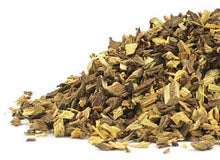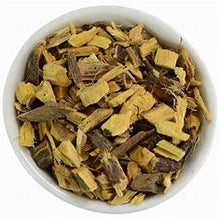Licorice is a name used to refer to the root of Glycyrrhiza glabra where a sweet flavor can be extracted.
Today, many people utilize licorice root to treat ailments like heartburn, acid reflux, hot flashes, coughs, and bacterial and viral infections. It’s regularly available as a capsule or liquid supplement .
Additionally, licorice tea is said to soothe sore throats while topical gels are claimed to treat skin conditions like acne or eczema .
What’s more, licorice is used to flavor some foods and beverages.
Surprisingly, many licorice candies are flavored not with licorice root but with anise oil — an essential oil from the (Pimpinella anisum) that has a similar taste.
Flavonoids are a group of compounds found in plants that have antioxidant property.
Licorice oil rich in flavonoids is proven to exert anti-obesity action by regulating enzymatic activity involved in fat deposition and break down.
Licorice Root Extract Side Effects
Decreased Libido, Headaches, Raised Blood Pressure Levels, Slows Drug Metabolism, Lower Potassium Levels
How to use: For tea use a tea spoon per cup no more than 8oz a day. For extract 30mg/ml, For powder 75 milligrams per day.




